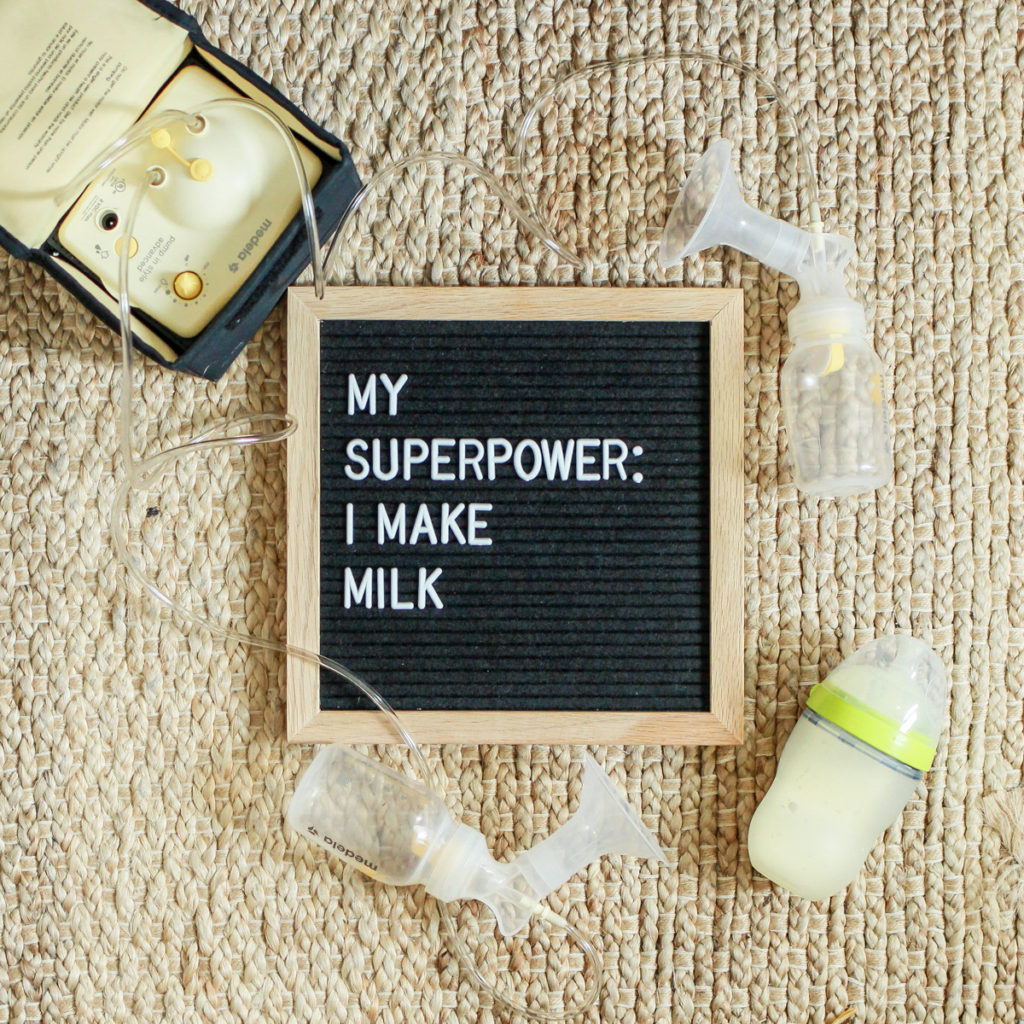Black Breastfeeding Week was created because of:
- The higher mortality rates for black babies.
- High rates of diet-related diseases in black children.
- Unique cultural barriers among black women.
- Lack of diversity and representation in the lactation field.
- Desert-like conditions in black communities.
Those are just a few of the many reasons. Click here for more information on the movement.
I’ve always known I wanted to be a mom. I loved it when I was able to start babysitting my three younger siblings. I would walk from middle school down to the elementary school, which was just a couple blocks away, and wait for them outside the gate. Mr. Jimmy, the ice cream truck, would also be waiting there so we would get a snack and then start walking home. Once we got home, I made them peanut butter and jelly sandwiches and made sure they started on their homework. They may tell you I was drunk with power, but that’s a story for another time.
Besides the idea of just having little humans to look after, I didn’t really have a set image of what being a new mom looked like, or at least I didn’t think I did. Growing up, I had baby dolls with play strollers and one with the bottle that when you tilted to feed the baby the milk disappeared. The idea of breastfeeding when I was younger never did cross my mind, nor was it choice I knew I had. The images on TV all showed babies being bottle-fed. If you saw a mom outside you would see them feeding their babies with a bottle.
A brief history of breastfeeding and formula
Breastfeeding was always known to be a benefit for young babies. Black women were forced to breastfeed their slave owners’ babies. Restricted to only feeding the baby on one side, as to not have their child and the slave owner’s children nursing from the same breast. Let’s stop for a second and just think about how inhuman and objectifying that was. Fast forward to 1920 when wet nursing was a popular occupation for impoverished women. Women were not allowed to bring their babies along, which meant wealthy babies lived over poor babies. These wealthy women knew that breastfeeding had many benefits and whether they didn’t want to or couldn’t, they looked to other women.
Formula was introduced in 1890 in an effort to save babies whose mothers were unable to breastfeed. Around the same time, urbanization and industrialization also began. Women were working and were at home less with their babies; which meant their milk supply declined. More and more women started to use formula instead of breastfeeding.
Breastfeeding is hard
We cannot talk about breastfeeding vs. bottle-feeding without talking about privilege. The women who used formula were those women who needed to work; black women and less wealthy white women. When we look at the current support for breastfeeding we have in the US for women, it just doesn’t exist. Access to paid materiality leave ranged from 12%-25% as of March of 2018 (US Bureau of Labor). I consider myself a financially stable and intelligent person, and I could not afford to work unpaid for 4-6 months (recommended minimum length of time to breastfeed) without worrying how it would affect us, financially. We have to do better.
Breastfeeding is hard. Let me repeat, breastfeeding is incredibly hard. Being a Virgo and type A person, I looked up videos and blogs for tips on breastfeeding while I was pregnant. I am here to report it barely helped. Breastfeeding is one of those jobs that need on-the-job training.
Here’s a financially stable black woman. Full health care and five months of paid maternity leave. She decides she wants to breastfeed because it works her and her baby. She nails the first latch after giving birth and thinks, “I got this”. In the next twenty-four hours, the baby falls asleep at every attempt to feed. The lactation nurse prepares the new mom before she leaves for the day, saying that the baby will most likely wake up and be very grouchy and hungry. The nurse goes, “it’s ok to give them a little formula”. Sure enough, the baby does exactly that. The new mom takes the nurse’s advice, while crying, knowing that it is the best option. That woman was me.
Breastfeeding and available resources
Many black women, like myself, don’t have access to the knowledge around what to expect when they’re first starting to breastfeed because it’s not as prevalent in our community. The Internet is not very helpful. I was lucky to be at the hospital with amazing nurses that took so much time with me. They told me what to expect and said it doesn’t have to be all or nothing. So if I needed to substitute with formula until my baby got adjusted or until my milk supply fully came in, that was ok.
Even when I left the hospital, I went to a couple of sessions with a lactation coach to help. I was fortunate to have a black woman consultant with who I felt comfortable with. Representation matters. On top of all this, my husband and mother gave me the encouragement to continue, if I wanted to, and also did not judge me when I wanted to stop. When I went back to work, I was able to continue giving my baby breast milk because I had access to a private room to pump. I own all of these privileges I was afforded. I know that they are necessary for all women, specifically black women, to have in order to attempt or reach their breastfeeding goals in today’s world.
This is why Black Breastfeeding Week is so important. We need to normalize breastfeeding in our community. We need support and lift up every mother’s decision, while also arming them with the necessary knowledge to make an informed decision. Breastfeeding is hard, but it’s even harder for black women.
To listen to more of my experience with breastfeeding check out this episode of Millennial and Pregnant.


